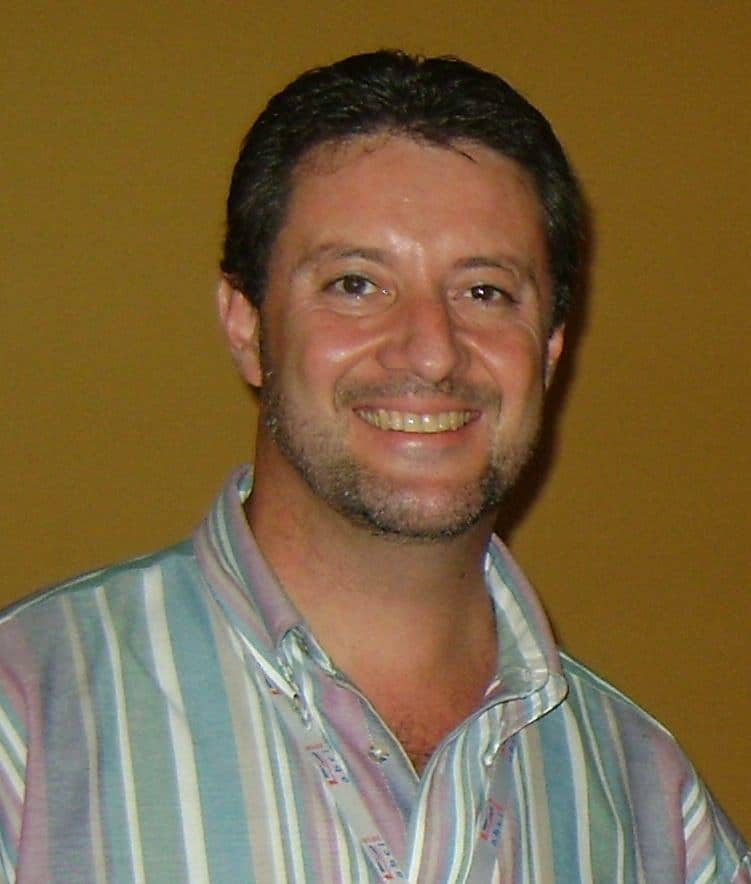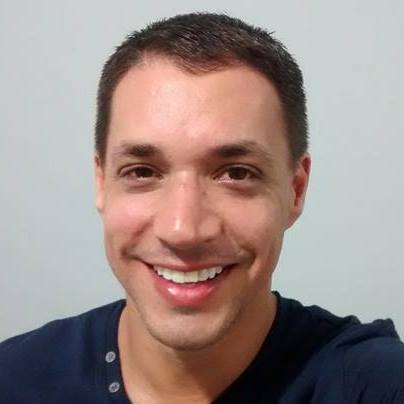Paths To Professionalism – Challenges Stem From Where You Stem From
How did you get into English Language teaching, and why do you still do it?
I come from a family of musicians and English first caught my interest when I came across Pink Floyd and The Ramones with their lyrics and fast singing. My English teacher at Secondary School (Neusa Lombardi) spotted this ‘talent for English’ and rewarded me with a scholarship to her school. Once there, I developed a liking for teaching, which lead me to read Languages at University.
As a teacher, I felt the need to develop linguistically, so I threw myself into it and PET, FCE, CAE and CPE came as a consequence. In 1993, I won a British Council writing competition and as a prize, a scholarship to study English in Edinburgh. Then, it dawned on me that I should also develop myself academically, so I did CEELT2, Cambridge COTE and DELTA. Becoming an accredited SE to Cambridge ESOL was a natural step ahead, I should think.
On a personal note, I have always got great satisfaction from teaching. Several teachers at one institution I worked for were my students at some point and it is priceless to see an ex-student flying high. On the professional front, I feel there is always room for improvement and CPD keeps my motor running. Saying that I got into teaching by accident sounds a bit harsh to me, so I’d rather say that I didn’t choose teaching but teaching chose me.
You have a lot of interest in pronunciation. Where did that come from?
My liking for music as well as my trips to the UK took me through different areas, from London to Manchester, Bath, Oxford, Cambridge, Birmingham, Glasgow, Edinburgh and The Highlands. I started noticing some differences in accent, in speech, vowel quality, rhythm and intonation. However, I think what triggered this interest was quality sessions I attended by Adrian Underhill and James Banner, as well as sessions at BRAZ-TESOL by Joan Morley and the late Camilla Dixo and Zaina Abdalla. By the same token, I have always felt that pronunciation plays a crucial role in learning and should be integrated whenever possible into the teaching of language skills and systems.
Apart from pronunciation, what are your main interests in language and teaching?
I am quite interested in language skills development. I have done substantial reading and experimenting on the Lexical Approach as well as on Grammaring-up, which led me to think that lexicalized-grammar and grammaticised-lexis exposure are instrumental in increasing students’ communicative competence, especially teenagers. I have been investigating Fluency, Accuracy and Fluidity and the role of Providing Feedback (Error Correction) as I feel that not only can quality feedback draw learners’ attention to language imperfections but, above all, to the language they are getting right. So, I have mapped out an action plan in which technology is used to mediate the correction process.
How do you keep in touch with what’s going on in ELT?
My favourite CPD activity is taking part in conferences either attending or presenting ideas, such as the ABCIs and BRAZ-TESOLs conferences. There is also a full range of online resources, not to mention the fact that one can always find useful ideas in blogs and teaching communities. We are definitely bombarded by all this information; however, the tricky part is to transform it into knowledge.
How would you compare ELT in Brazil now, with when you started teaching?
One might be inclined to say ‘very different’. I learnt English at Primary School using Grammar Translation, but through an Audio-Visual-Lingual Method at a language centre, with drills as a springboard to achieve fluency and accuracy. It worked fine for me and that was the way I started off. I have experienced some dichotomies. I have been through teaching practices like the (in)famous PPP and TBL, the Lexical Approach and Grammaring-up. Now, we have IWB, Dogme practices, Flipped Classrooms, Online Classes and Coaching. Drilling, once frowned up and considered an ephemeral fad has re-appeared. We had access to notional-functional syllabi, now many teaching materials contain a multi-strand syllabus in which different approaches are interwoven and the integration of skills is a key factor. So, I think it is fair to say that ELT in Brazil is a lot more varied now.
What are your plans or ambitions for the future, professionally?
I have recently taken capacity at a State Public School (EE Dr Garcia de Lima) and little did I know how immense the difficulties and barriers are. However, as an educator being around for 28 years, I always think about being a bit better at what I will do tomorrow compared to what I do today or did yesterday. That may sound clichéd, but it’s my attitude towards my profession, after all a rolling stone gathers no moss. I am interested in Phonology, so I envisage getting into an MA Programme in Applied Linguistics. Alternatively, by delving into new challenges within the Public School System, New Technologies and Critical Thinking and Literacy are areas I feel I could use to my advantage when approaching the teaching of L2 to both Primary and Secondary Schools.






